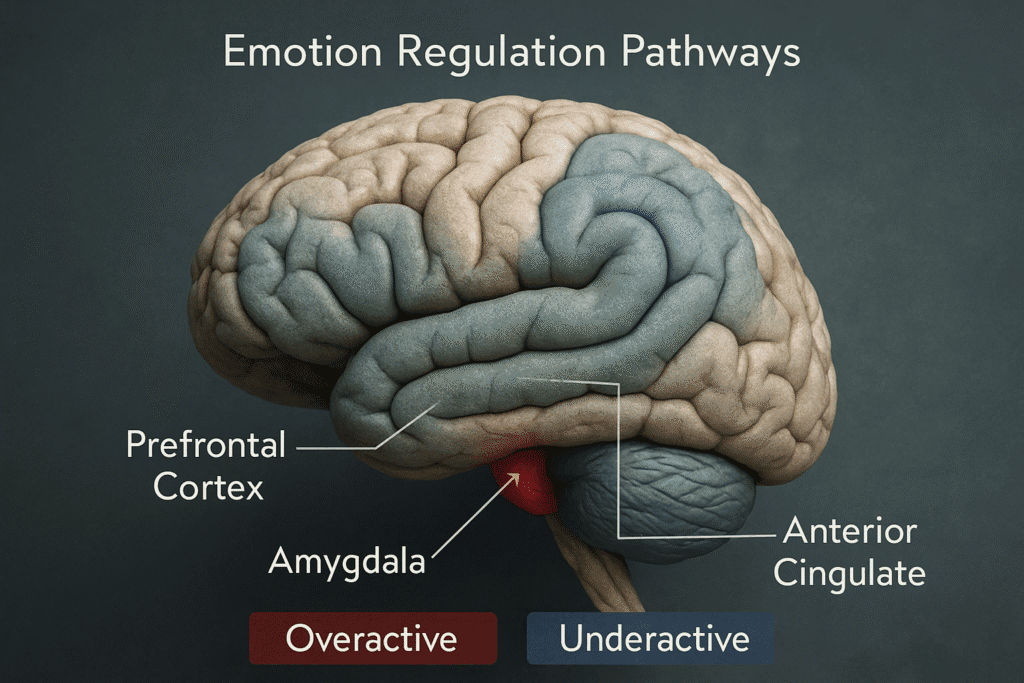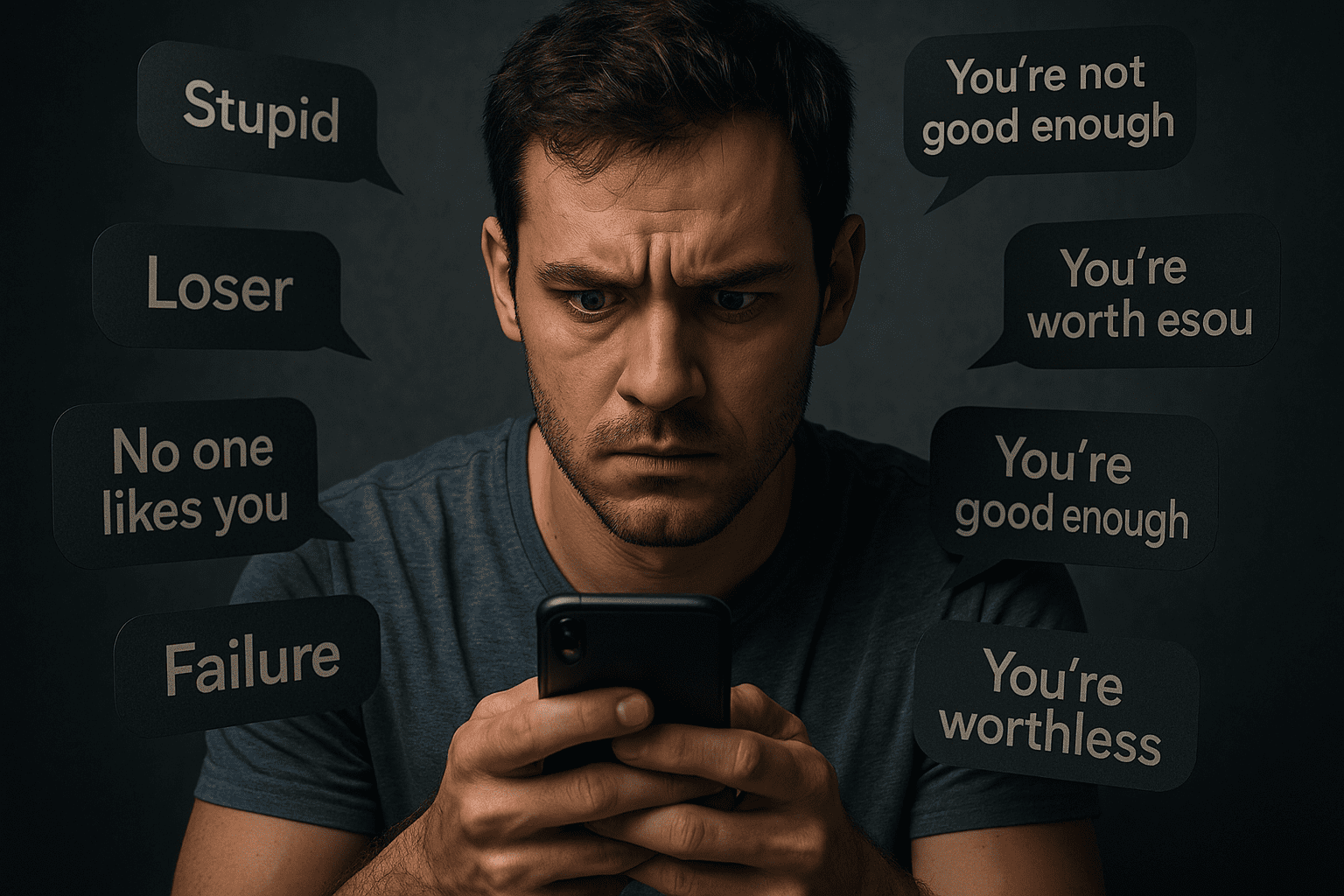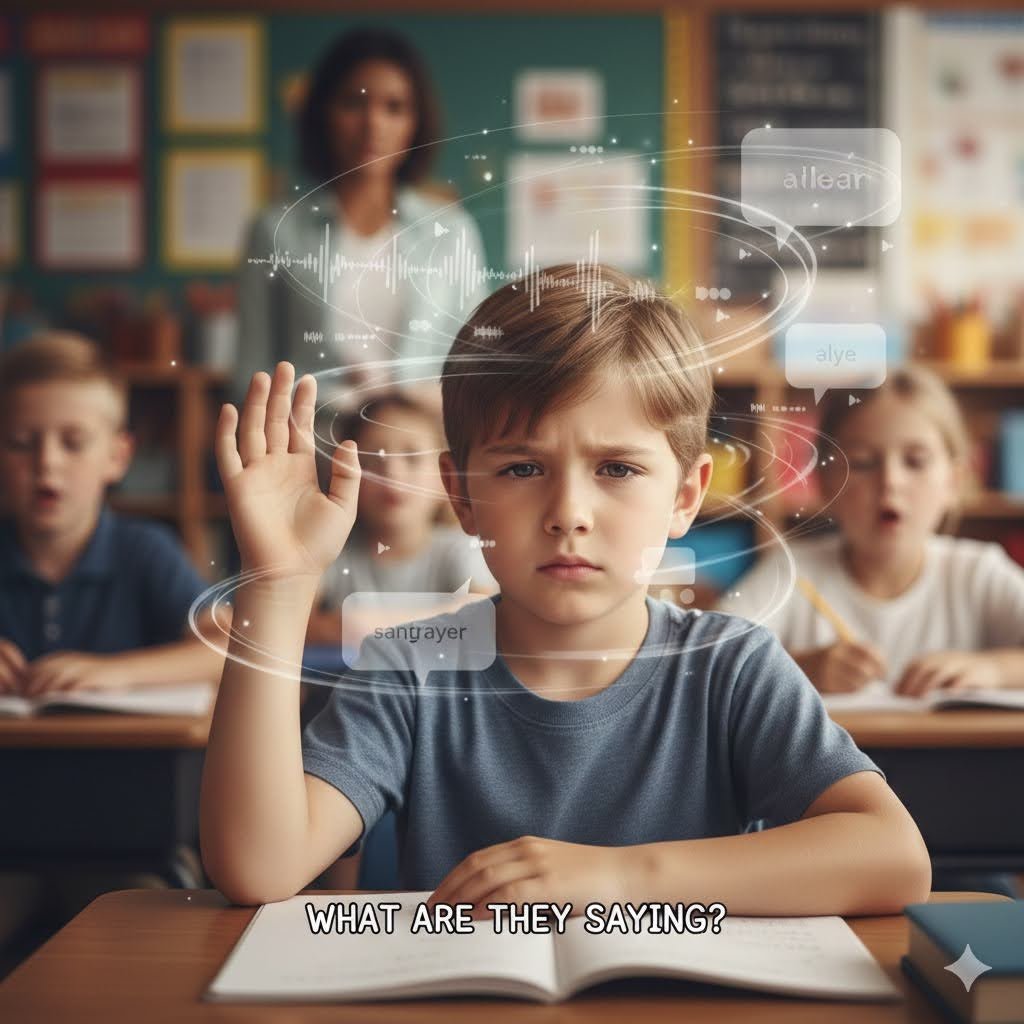I once cried over an email. Not a breakup email. Not a redundancy notice. Just a colleague asking, “Can we chat later?” My brain translated that into: “You’ve messed up, and we need to talk about your incompetence.” Cue spiralling thoughts, a racing heart, and a sudden urge to delete my LinkedIn profile.
If that sounds familiar, you might be dealing with Rejection Sensitive Dysphoria (RSD). It’s not just being “a bit sensitive.” It’s a full-body, emotional landslide triggered by perceived rejection or criticism—even when none was intended.
What is Rejection Sensitive Dysphoria?

Rejection Sensitive Dysphoria (RSD) is an intense emotional reaction to real or imagined rejection, criticism, or failure. It’s not officially diagnosed in medical manuals, but it crops up often in conversations about ADHD and autism. The emotional fallout can be sudden, overwhelming, and utterly debilitating.
RSD isn’t a case of being dramatic. It’s a neurological response where the brain misfires and floods the body with pain signals. Think of it as an allergic reaction to disapproval.
Common symptoms of RSD
- Overwhelming emotional distress after perceived rejection
- Disproportionate reactions to minor criticism
- Physical symptoms like headaches, nausea, or chest tightness
- Avoidance of social or professional risk
- Perfectionism or people-pleasing habits
- Replay of conversations and imagined scenarios
- Chronic fear of being disliked or misunderstood
These symptoms can manifest as withdrawal, depression, or even explosive frustration. It often creates a feedback loop: fear of rejection leads to overreaction, which leads to actual rejection, which confirms the fear.
Who experiences RSD?
RSD is especially common in neurodivergent individuals. People with ADHD or autism often report these intense emotional responses. It’s not about being fragile. It’s about the brain being wired for hypersensitivity to social feedback.
That said, RSD isn’t exclusive to any one group. It can affect anyone. But it tends to show up more where emotional regulation is already a challenge.
What causes RSD?
The exact cause is still debated, but one thing is clear: it’s linked to how the brain processes emotional input. In RSD, the areas responsible for emotional pain work overtime, while the areas meant to regulate emotions lag behind.
Childhood experiences also play a role. Being repeatedly criticised, ignored, or misunderstood can prime the brain for rejection sensitivity. If you were “too much” or “too sensitive” as a kid, this might sound all too familiar.
How RSD affects daily life
Relationships: Constantly fearing rejection makes it hard to relax around others. You might over-apologise, ghost people, or react with unintentional intensity.
Work: Even mild feedback can feel like a personal attack. This leads to burnout, imposter syndrome, or avoiding new opportunities.
Mental health: The shame and fear RSD creates can spiral into anxiety or depression.
Physical health: Emotional pain can show up as real, physical symptoms: muscle tension, fatigue, digestive issues.
Managing RSD: strategies and support
1. Label the reaction
Naming what’s happening helps separate the feeling from reality. Instead of “I’m a failure,” say, “This is my RSD talking.”
2. Regulate the nervous system
Soothing techniques can reduce the intensity. Try:
- Deep, slow breathing
- Splashing cold water on your face
- Holding something with texture or weight
- Noticing five things around you
These are grounding tools, not cures. But they can help create a pause.
3. Challenge the narrative
Ask: is there evidence for this rejection, or am I filling in the blanks? What would I say to a friend in this situation? This takes practice, but it works.
4. Consider professional support
Therapy can help, especially cognitive behavioural approaches. Some people benefit from ADHD medications or low-dose antidepressants, but medication isn’t the only route. You might also explore coaching or support groups.
5. Create rejection-safe spaces

Surround yourself with people who communicate kindly and clearly. Set boundaries with those who don’t. Online communities for ND adults can offer validation and shared strategies.
RSD across age and gender
RSD can appear at any age, but it often intensifies during transitions: school changes, new jobs, relationship shifts.
It’s not gender-specific, though societal expectations can shape how it presents. For example, women might internalise their reactions and feel guilt, while men might externalise with irritability.
What most people don’t know about RSD
- It can mimic mood disorders, making it tricky to diagnose.
- It often coexists with sensory overwhelm.
- It’s not a character flaw, even though it can feel like one.
- It can be a superpower in relationships—once understood. RSD sufferers often have high empathy and emotional intelligence.
Where to find support
- ADHD and ND communities on Reddit and Discord
- Local neurodivergent meetups (check Meetup or Facebook groups)
- Therapy directories with ND-affirming filters
- Apps like Abby , WYSA, Minddoc or Therapywithai for AI based therapy
How do you handle moments when rejection hits harder than it should? What have you found helpful?




